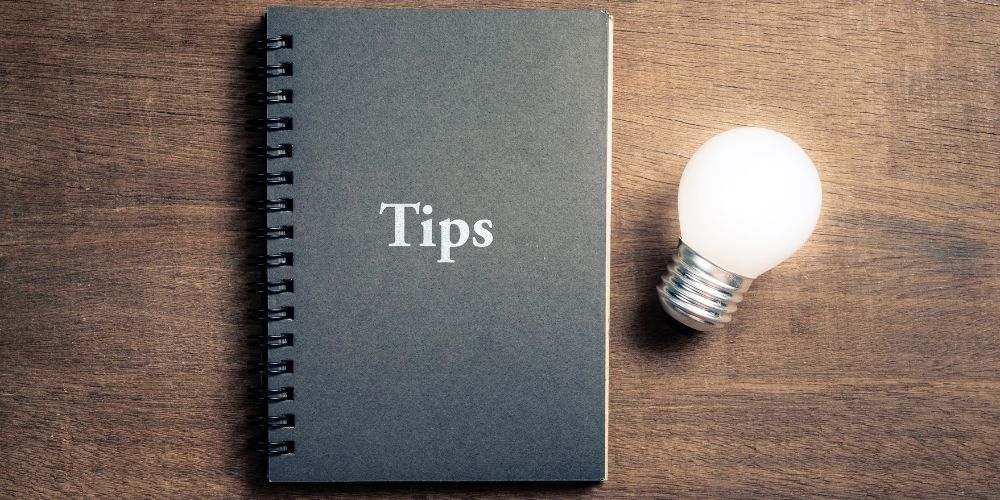Everyone wishes they could accomplish more in less time. We will be more likely to get that raise, have more free time, and be closer to achieving our objectives if we are more productive. Bullying yourself, though, won’t result in you working harder. Flipping a switch won’t magically turn you into a machine that runs processes and completes tasks.
However, you can use a variety of psychological techniques and games to set up a natural environment that motivates you to give your best effort. The top 6 are listed here in no particular order:

1. Concentrate on One Task at a Time
We think that multitasking makes us more productive when we simultaneously check our emails, browse Facebook, and eat breakfast.
It turns out that multitasking actually reduces our productivity. Because our brains can’t actually focus on several things at once, multitasking is an issue. Our brain switches between tasks quickly when we try to multitask, creating the impression that we can focus on several things at once. The metabolic effects of this continuous task switching quickly deplete our brain’s energy stores. Therefore, multitasking causes us to feel more exhausted than when we simply pay attention to one activity at a time.
Create distraction-free blocks of time in your schedule so that you may work without interruptions in order to be fully present with each activity. Disable all of your desktop and phone notifications, and if you can, inform your coworkers that you won’t be disturbed while working.
2. Create a day plan beforehand
“To fail is to plan to fail,” is a saying. (Alan Lakein)
You set yourself up for success by organizing your day in advance.
It is more probable that you will succeed when you have a plan in place. Two sets of students in a study that was written up in the Journal of Personality and Social Psychology were told to turn in their homework the day after Christmas. In contrast to the second group, who received no such instructions, the first group was told to consider how and when they would finish their project over the holidays. When it came time to submit their reports, 70% of those who had prepared ahead did so, compared to 30% from the group who had not.
You may prioritize your responsibilities and spend the day accomplishing the things that are most essential to you if you have a plan. It creates a great momentum for the remainder of the day once you realize that you are moving forward on your most crucial activities.
3. Create a productive environment at work.
The place we work in affects our productivity, even though we might not be aware of it. According to research, the office’s temperature has an impact on how productive employees are. The tendency for employees to make more errors at work when the office is excessively cool.
Similar to this, choosing the appropriate bulb is crucial. Long-term eye damage can result from fluorescent lighting, too-dim, or harsh lighting. It is therefore better to operate in a space with lots of natural light. If it’s not possible to do this, choose daylight bulbs rather than fluorescent lighting for your business.
Work from several settings if your creativity is feeling a little stuck. Your brain gets more creative and productive when you shift your environment. Our brain just does not like monotony, and it functions best when the environment and the tasks are varied, according to study.
4. Exercise Your Body
Exercise is commonly acknowledged to be extremely beneficial to physical health. Do you realize that getting some exercise might boost your productivity as well?
Your brain produces feel-good hormones after physical activity. Additionally, it promotes the synthesis of brain energy, increasing your mental capacity. As a result, following a workout, you usually feel more energized and excited.
To get these advantages, you don’t need to work out too hard. According to research, exercising at low and moderate intensities has nearly the same positive effects on focus and alertness.
Therefore, starting your day with a cardio workout, yoga class, or gentle stretching would all be equally effective in increasing your productivity for the remainder of the day.
5. Reward Yourself When You Complete Important Tasks
The relationship between human productivity and the utilization of rewards from outside sources has been the subject of extensive investigation. Rewarding actions that we want to encourage is based on the most basic principles of operant conditioning in behavioral psychology.
Every time you make it a routine to treat yourself after finishing a major assignment, you encourage yourself to work harder because you are looking forward to the treat. This is especially helpful when working on projects that don’t have obvious rewards right away, like writing a proposal for a customer who might or might not hire you in the end.
There are various ways you can treat yourself, but be sure the reward has meaning for you individually. Your reward might be anything from purchasing a new device that you have always desired for yourself to grabbing yourself a cup of coffee.
6. Keep the gaps in time brief
Starting any difficult activity is sometimes the most difficult aspect for many of us. If you are aware that you have a sizable project or a number of unpleasant duties, you can waste time delaying. 88% of workers report delaying for at least one hour a day, making it a frequent issue.
Instead of committing to a three-hour task, resolve to begin it for only five minutes. Once you’ve spent that five minutes on it, you’ll probably feel inspired to keep going.


